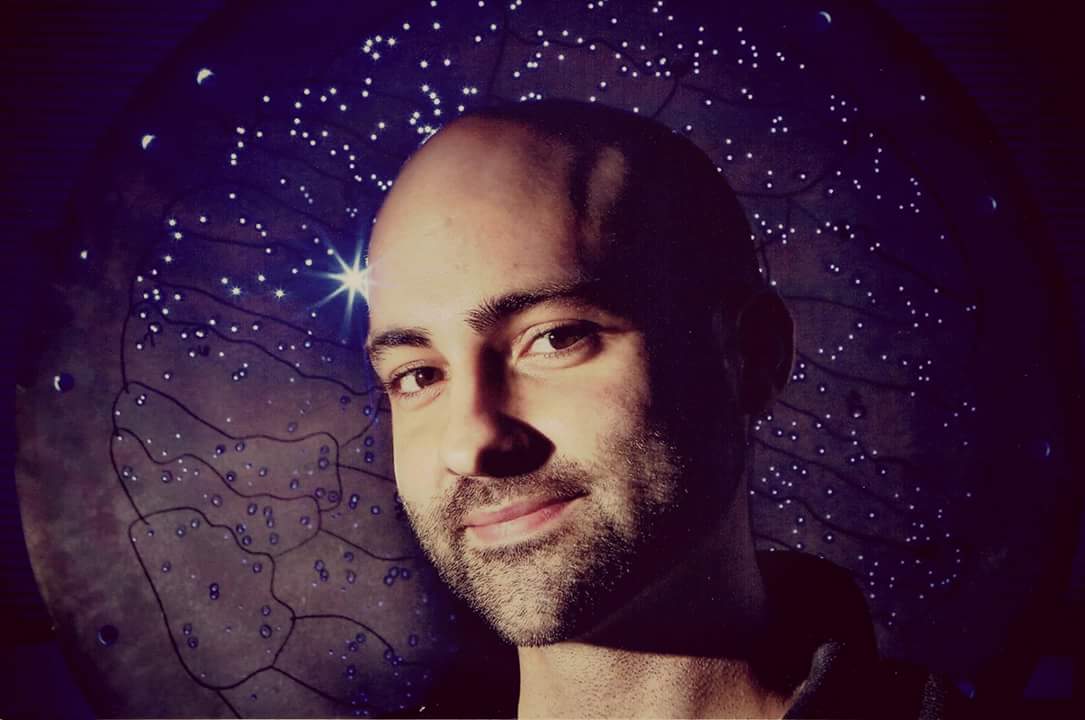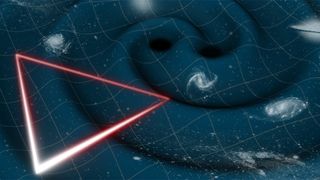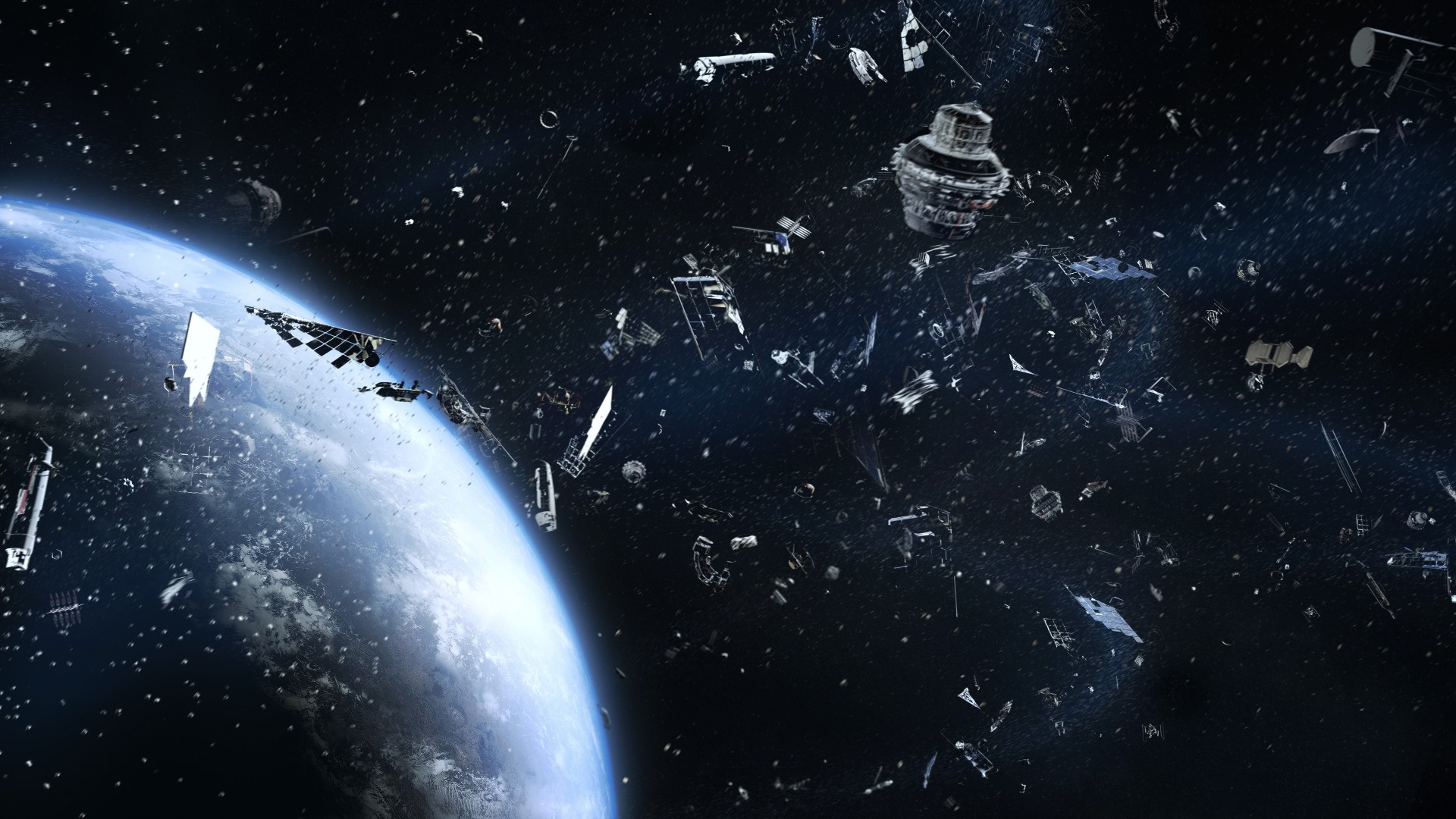Paul M. Sutter is a cosmologist at Johns Hopkins University. A prolific scientist, he has written over 60 academic publications on topics such as the earliest moments of the big bang and the largest objects in the universe. Paul is also an award-winning science communicator. He has authored three critically acclaimed, international bestselling books and has hosted television shows on Discovery, Science Channel, History Channel, and numerous digital outlets. You can find his essays in The New York Times, Scientific American, Nautilus, and more. In addition to regular appearances on NBC News, BBC News, CNN, and The Weather Channel, Paul has developed one of the most popular podcasts in the world and is a globally recognized leader in the intersection of art and science, especially in his role as a United States Cultural Ambassador.
Latest articles by Paul Sutter
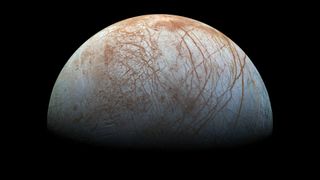
When the sun dies, could life survive on the Jupiter ocean moon Europa?
By Paul Sutter published
New research suggests there may be a narrow window of possibility for life to persist on the icy moons of the outer solar system.

Why do the numbers that shape our universe exist at all?
By Paul Sutter published
There is a set of very special numbers, known as the fundamental constants of nature, that cannot be explained. Where do they come from?
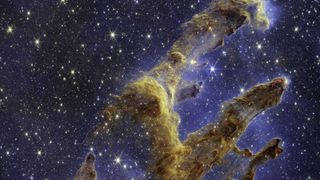
The physics of the universe appear to be fine-tuned for life. Why?
By Paul Sutter published
The physical constants of the universe appear to favor the existence of life. So why are we here?
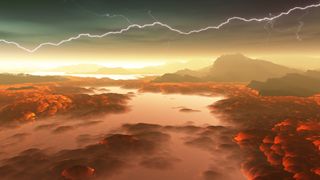
Lightning on alien worlds may fail to spark life, simulations suggest
By Paul Sutter published
New research has found that lightning, while not very common, can occur on tidally locked exoplanets like our nearest neighbor, Proxima b.
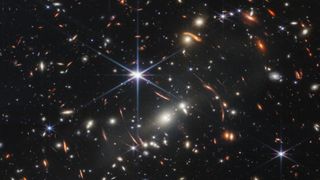
Why do dwarf galaxies line up? 'Zippers' and 'twisters' in the early universe may solve a galactic mystery
By Paul Sutter published
Structures known as "zippers" and "twisters" in the early universe may explain why dwarf galaxies tend to line up with each other, as well as hint at how dark matter operates in the universe.
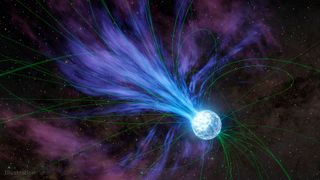
What happens inside neutron stars, the universe's densest known objects?
By Paul Sutter published
Neutron stars are some of the weirdest cosmic objects, and the greatest mysteries lie deep in their hearts.

How did this ancient black hole get so big?
By Paul Sutter published
While it's much smaller than the largest supermassive black holes detected, it's still a whopper considering how early in the history of the universe it appeared.
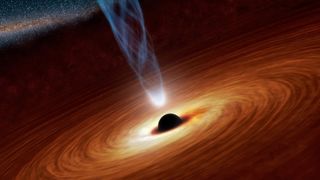
Ultralight dark matter may have helped monstrous black holes form in the early universe
By Paul Sutter published
The infant universe's population of huge black holes could owe itself to ultralight dark matter, scientists say.
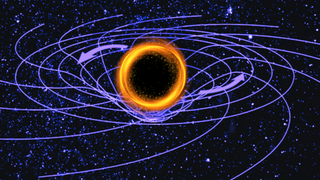
What is dark matter made of? New study bolsters case for 'primordial' black holes
By Paul Sutter published
In the early universe, primordial black holes could acquire a "dark charge," giving them an unnaturally long lifetime, new research suggests. This makes them an interesting candidate for dark matter.

How to debate a flat-Earther: Proven scientific arguments and strategies
By Paul Sutter last updated
Some people around the world believe our planet is flat. Here's the (surprising) truth about debating them.
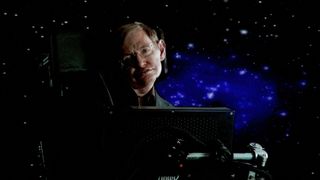
What were Stephen Hawking's greatest contributions to science?
By Paul Sutter published
Famed physicist Stephen Hawking took gravity to its ultimate limits. In doing so, he made a number of significant advancements in our understanding of black holes, cosmology and quantum gravity.
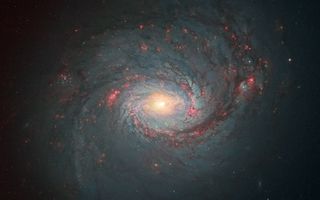
How do spiral galaxies get 'feathers'? All it takes is a little gravity
By Paul Sutter published
For over a century, astronomers have marveled at the beauty and complexity of spiral galaxies, which feature arms covered in a multitude of small-scale features known as feathers.
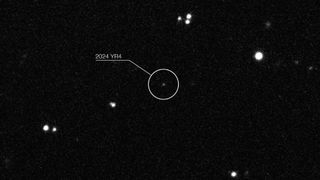
Asteroid 2024 YR4 no longer threatens to hit Earth, but we can still hit it — for science!
By Paul Sutter published
Despite a brief panic, asteroid 2024 YR4 isn't likely to hit us anytime soon, but we can still study the asteroid up close to help us understand these space rocks.
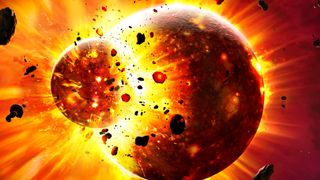
How did Earth get such a strange moon? Exploring the giant impact theory
By Paul Sutter published
The moon is unlike anything else in the solar system. So how did our planet end up with such a special moon?
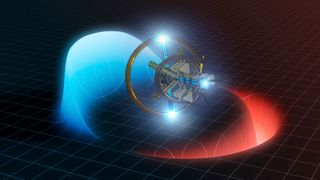
30 years after warp drives were proposed, we still can't make the math work
By Paul Sutter published
To construct a warp drive, we would need negative mass, which doesn't appear to exist in the universe and would violate everything we know about motion, momentum and energy.

What's that smell? Astronomers discover a stinky new clue in the search for alien life
By Paul Sutter published
Astronomers have discovered that sulfur may be a key to helping us narrow down our search for life on other planets.
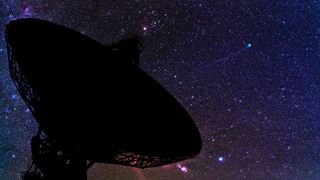
I want to believe — but yet another massive search for alien technosignatures just turned up nothing
By Paul Sutter published
Hunting for alien civilizations isn't a matter of just waiting around for them to show up; it's the business of combing through enormous volumes of data to look for peculiar signals.
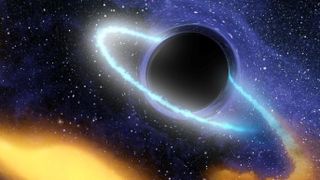
What are boson stars — and what do they have to do with dark matter?
By Paul Sutter published
The skies may be full of invisible "boson stars" that could have a connection to dark matter.
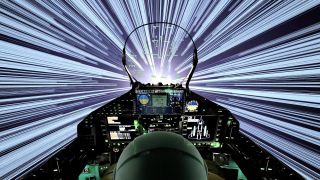
Could we travel to parallel universes?
By Paul Sutter published
If parallel universes exist, can we access them? Let's explore the possibility.
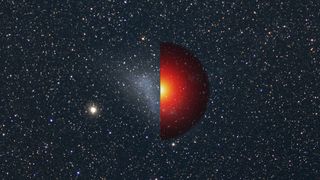
'Heavy' dark matter would rip our understanding of the universe apart, new research suggests
By Paul Sutter published
Dark matter can't be too heavy or it might break our best model of the universe, new research suggests.
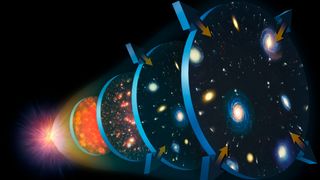
How 'quantum foam' may have inflated the early universe
By Paul Sutter published
For decades, scientists assumed that the expansion of the universe was powered by a new entity, known as the inflaton, but new research suggests that it may have been possible without it.
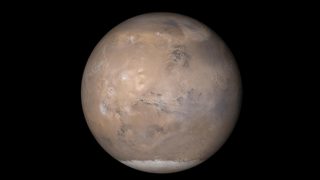
We finally know where to look for life on Mars
By Paul Sutter published
Ever since the discovery of methane on Mars, scientists have wondered if the Red Planet might harbor life. Now, researchers know where to look: deep under the surface of a broad Martian plain.

New flexible 'metamaterial' inspired by nature could help us build shapeshifting space habitats and telescopes
By Paul Sutter published
Researchers have designed a flexible material that could pave the way for the development of adaptable space structures.
Breaking space news, the latest updates on rocket launches, skywatching events and more!
